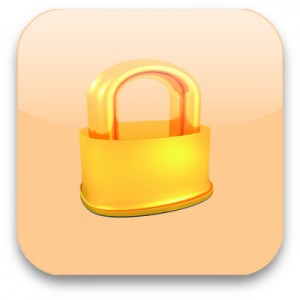
Hackers are constantly on the lookout for digital data they can use to make a profit, either by stealing money electronically or by selling the information to third parties.
Therefore, it is important to protect your precious data; here are seven tips to get you started:
Policies
Your staff is the front line of defense against hackers. Human error is one of the leading causes of data security breaches, so you need to have policies in place to ensure your employees are promoting the security of your network while working.
Strong passwords
People generally opt for simple easy-to-remember passwords that hackers can easily crack.
A simple “dictionary attack” (using an automated tool that uses a combination of dictionary words and numbers to crack passwords), is sufficient to uncover many passwords.
On the other hand, coming up with a complicated password and saving it to your computer as opposed to writing it down is a simple but very effective way to prevent hacks.
Multi-factor authentication
It is highly advisable to establish multiple layers of technology dedicated to security that you would apply to all your devices, including desktops, mobile devices, file servers, mail servers and network end points.
Multiple security blocks hacking attacks and alerts you to any problems beforehand so you can take the appropriate measures.
Data encryption
Encryption is yet another great security tool that you can use to protect your data. For instance, if your hard disk is stolen or your USB drive is lost, anyone trying to access your data would be unable to read it if it is encrypted.
Backup
Security makes up half of your data protection, while a proper backup strategy makes up for the other half.
Even with great security, you need to be able to recover your data if you have a failure. Back up often, and remember to test the backup regularly.
Audit
You need to identify the vulnerable areas of your network or which data needs to be protected.
Your entire IT infrastructure, including your computers, mobile devices and network should be audited by a professional IT specialist to determine the appropriate steps to prevent hackers from accessing your data.
Managed services
Managed services are an alternative and highly-effective approach for achieving the best possible security, including backup and recovery.
Many small businesses are unable to adequately meet the daunting and expensive task of securing their data.
With a managed-service provider specialized in data security, you get the benefit of professional services and skills without having to hire an in-house security expert, thus cutting on costs. In addition, you get access to the latest security technology and support professionals.
(Image Source: iCLIPART)
